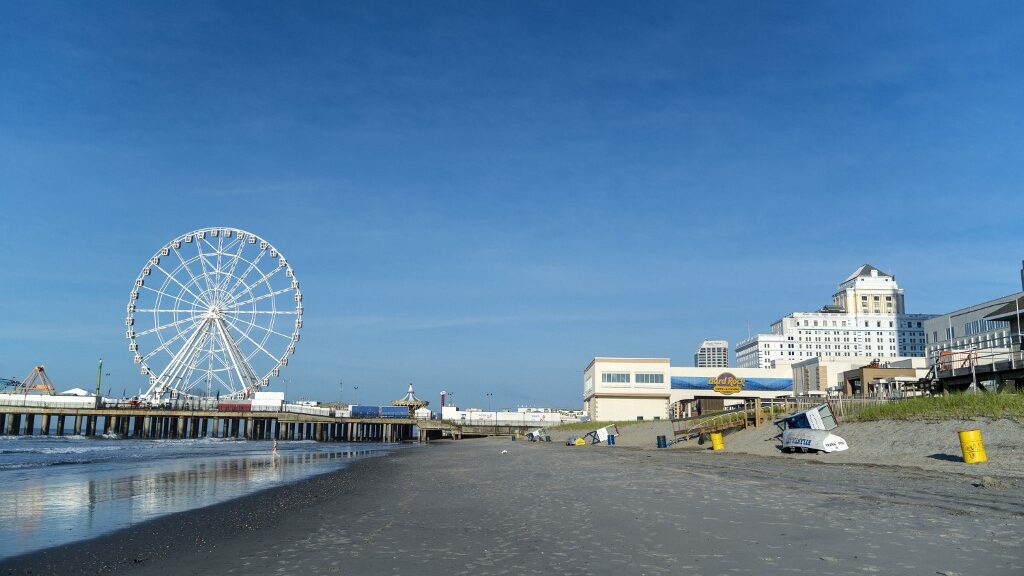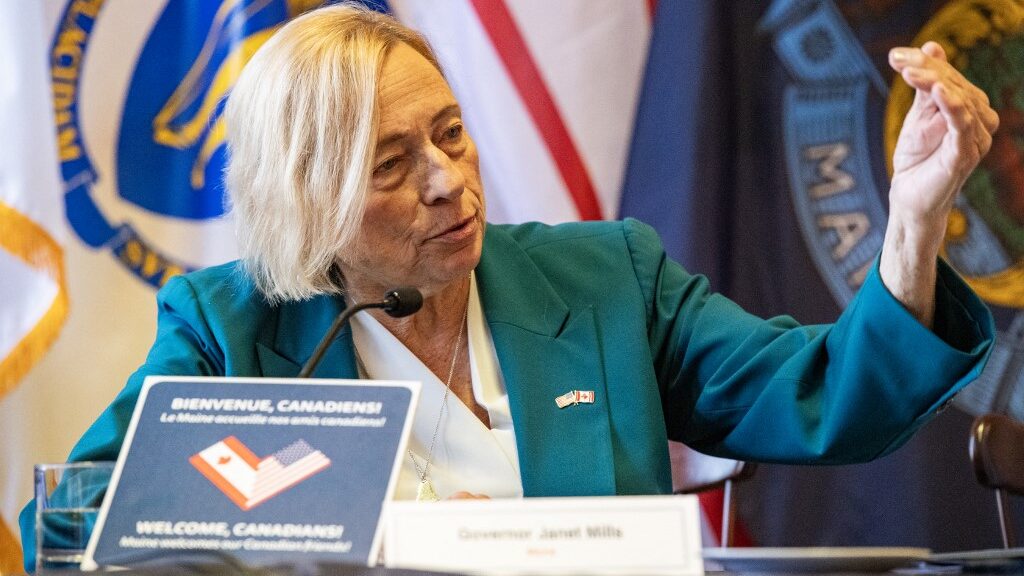
A recent amendment granting millions upon millions in relief for Atlantic City casinos was overruled by a Superior Court judge, deeming it to be in violation of the state constitution.
Attempting to Recover from COVID Effects
The casino industry as a whole struggled mightily during the Covid pandemic and relief was granted for many just to keep the lights open. But as the nation has emerged from the economic darkness, so too has the casino industry.
Nevertheless, last year New Jersey Governor Phil Murphy agreed with the casino industry’s plea that the program called PILOT (payment in lieu of property taxes) needed to be adjusted so that it excluded online gaming revenue.
This exclusion was ultimately signed into law which saved the casinos over $55 million but it attracted the attention of a watchdog group that took issue with the amendment and ultimately took it to court.
Last year, the Casino Association of New Jersey lauded the changes to the PILOT law by stating, “Failing to adjust the PILOT would have resulted in egregious, inappropriate, and inequitable taxes for any industry, let alone an industry that is still fighting to recover from COVID-19”.
Tax Breaks No More
However, the conservative non-profit group, Liberty and Prosperity 1776, argued that the casino industry was being given preferential treatment, which violated the state constitution.
Atlantic County Assignment Judge Michael Blee agreed and ruled in favor of the group in striking down the hastily crafted law to shelter the local gaming industry from additional taxes.
Judge Blee wrote in his ruling, “There is no evidence to suggest that casinos could not meet their PILOT obligations under the Original Act.” He went on to say that the amendment to the original PILOT law was intended “to aid what was actually a resurging industry.”
Seth Grossman of Liberty and Prosperity 1776 said shortly after the ruling was announced that he and his constituents were pleased with the verdict and offered, “The bottom line is when you have tough economic times, every business is affected. So, to say you’re going to give one industry a break by making everybody else pay more, that’s not helping the economy. It’s just helping one ‘ailing’ industry.”
What’s Next?
The gaming industry will likely appeal the ruling in hopes of getting the amendment back on the books. But the issue at hand is that without this tax break, the casino owners are predicting doom and gloom for the Atlantic City gaming industry if this amendment is not allowed.
They have insisted that the nine gambling palaces along the Boardwalk are still reeling from the loss of business due to the global pandemic.
But the reality is that business has rebounded with a monumental thunder and opponents said this tax break was the cherry on top of the sundae for the casinos.
However, the operators maintain things are not always as they appear. Joe Lupo, former head of the Casino Association of New Jersey and president of Hard Rock Hotel & Casino Atlantic City, said the exclusion of online gambling was fair because the majority of the profits are earned by the casinos’ online partners and not the casinos themselves.
“Failing to adjust the PILOT would have resulted in egregious, inappropriate, and inequitable taxes for any industry, let alone an industry that is still fighting to recover from COVID-19,” the Casino Association of New Jersey said in a statement.













